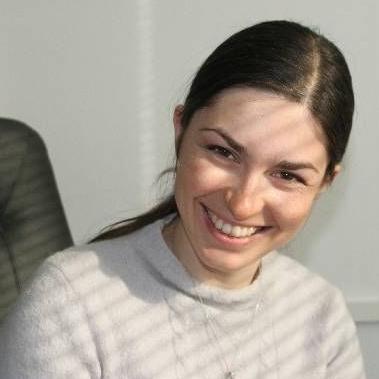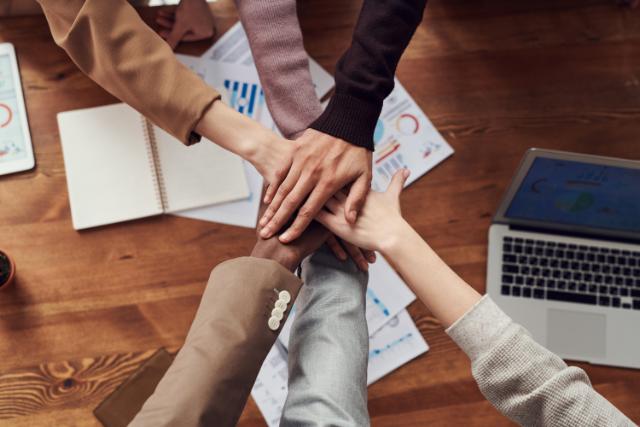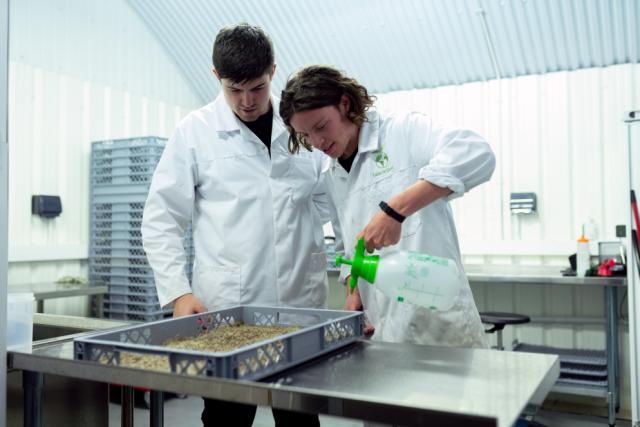
Looking Back at ZeroW: Collaboration, Impact and a Clear Way Forward
After four years of ambitious collaboration, ZeroW reaches its conclusion with impressive results and a clear vision for the future. Project Coordinator Anna George shares her reflections as we wrap up this milestone journey.

.jpg&width=640&format=webp&quality=90)


.jpg&width=640&format=webp&quality=90)



